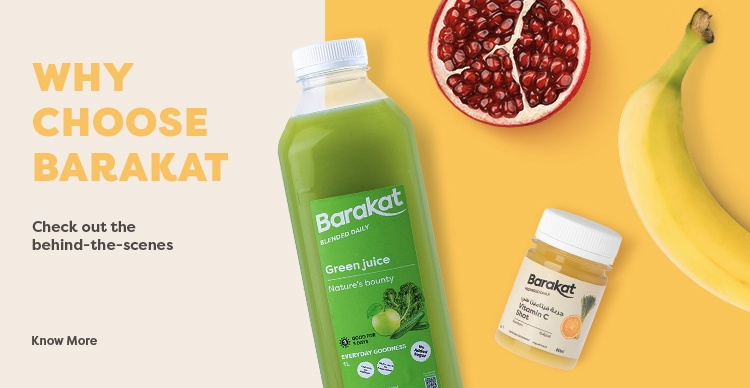Did you know that going grocery shopping without a list can lead to spending up to 40% more than you planned? It happens to many of us when we are in the grocery store and pick up items without a clear idea of what we need. And we might end up with things we didn’t actually intend to buy. But there’s a simple and effective way to make our grocery shopping more efficient and budget-friendly: having a list.

Having a shopping list is like having a proper plan. You know exactly what you need, which meals you’re going to prepare and what ingredients are required, like what kind of fruits and vegetables you want. It’s a bit like having a recipe for a successful shopping trip.
Managing a budget is the most important aspect of human life. And when it comes to expenses, food can take a significant chunk of the pie. But fear not because food experts have shared their wisdom on how to make the most of your budget without compromising on taste or nutrition. In this article, we will understand the most important tips and strategies for savvy food shopping.
- Meal planning and budgeting:
One of the foundational principles of budget-friendly food management is meal planning. It might sound tedious, but it’s a game-changer. By sitting down and planning your meals for the week. What you want for lunch, what for dinner and what for after dinner like ice cream, you can ensure that you only buy what you need. It avoids impulse purchases and reduces food waste.
- Making a list and checking it twice:
Ever find yourself wandering aimlessly in the aisles of the grocery store and tossing items into your cart without rhyme or reason? That’s a surefire way to overspend. Food experts advise making a shopping list before planning to go to the store and sticking to it. The simple yet effective strategy helps you buy only what’s necessary and prevents those tempting but unplanned purchases.
- Comparing prices and using coupons:
When you’re at the store or shopping online, don’t just grab the first item you see. Take a moment to compare prices. Often, the same product is available in different sizes or brands and a quick comparison can lead to savings. Consider using coupons or taking advantage of in-store promotions. These small yet effective steps can add up to significant savings over time.
- Economical ingredients:
Contrary to popular belief, eating healthily on a budget is entirely feasible. Food experts recommend focusing on economical yet nutritious ingredients. Staples like rice, beans, lentils, salads and oats are not only affordable but also versatile. They can form the basis of many satisfying meals that won’t break the bank.
- Cooking techniques:
Your cooking techniques can have a big impact on your food budget. Experts suggest welcoming batch cooking. Cook larger quantities of meals and freeze portions for later. It not only saves money but also time on busy days when you might be tempted to order takeout. Get creative with leftovers. Transform last night’s dinner into a new and exciting dish and reduce food waste in the process.
- Seasonal and local produce:
Buying seasonal and locally sourced produce is a budget-conscious choice that also benefits the environment. Seasonal fruits like strawberry and vegetables are often more abundant and, therefore, less expensive. Plus, when you buy locally, you are supporting local farmers and also reducing the carbon footprint associated with transporting food long distances.
- Reducing food waste:
Food waste is not only environmentally harmful but also a significant drain on your budget. Food experts advocate for mindful consumption. Plan your meals to use up ingredients before they go bad and store food properly to extend its shelf life. It can lead to solid savings over time.
- Store brands vs. Name brands:
When it comes to choosing between store brands and Name brands, it’s important to strike a balance between these two. Store brands are often more affordable and can be of comparable quality to their name-brand counterparts. Experiment with different products to find the ones that suit your taste and budget best.
- Healthy eating on a budget:
Eating healthily doesn’t have to be expensive. In fact, it can be quite budget-friendly. Opt for whole food items like fresh fruits like banana and vegetables, lean protein and whole grains. These choices are not only nutritious but also cost-effective in the long run.
Wrapping up:
Making the most of your budget when it comes to food is about planning, smart shopping and mindful consumption. By following these great expert tips, you can enjoy delicious, nutritious meals while keeping your expenses in check. But remember, every small change in your food habits can add up to substantial savings over time.